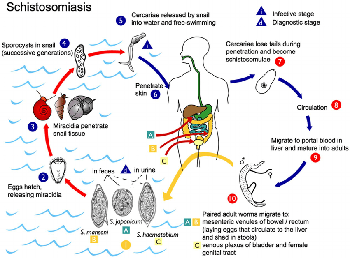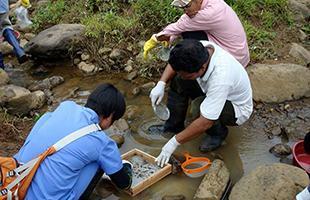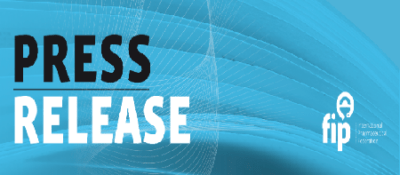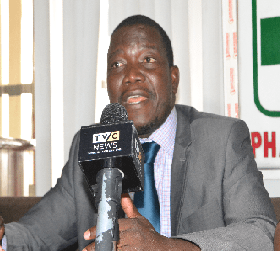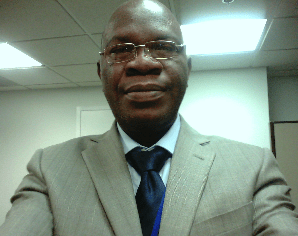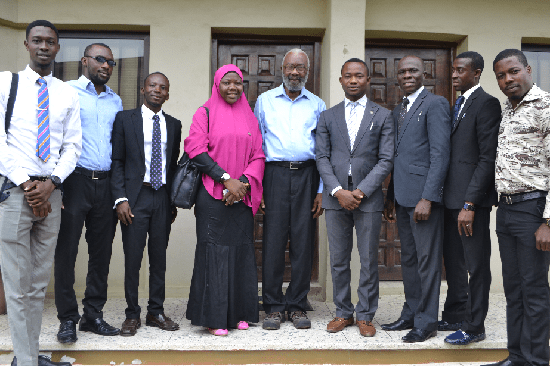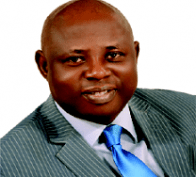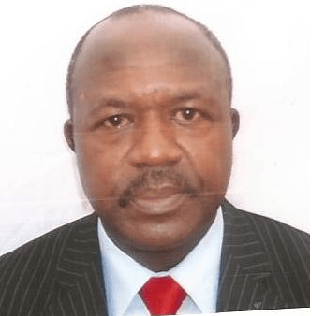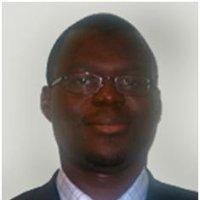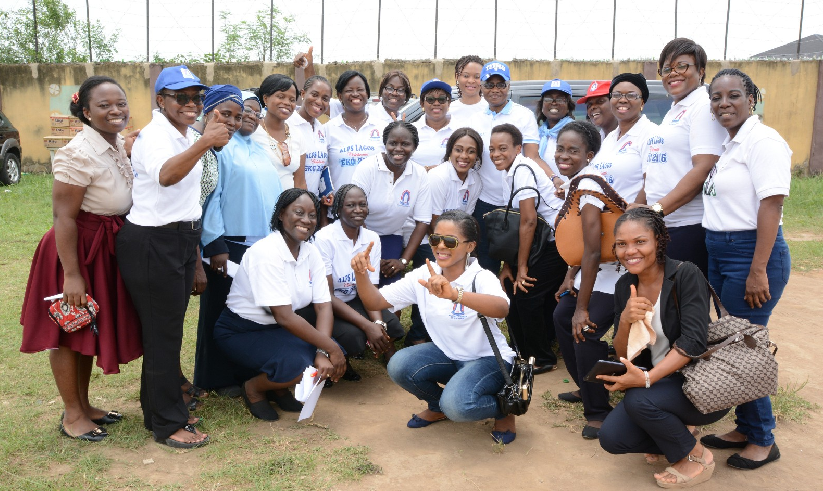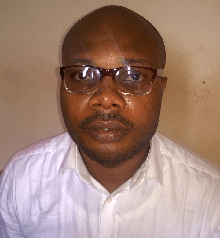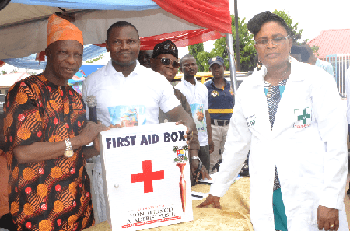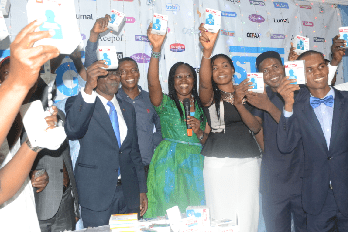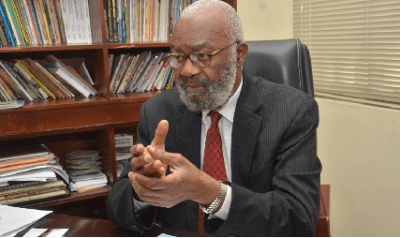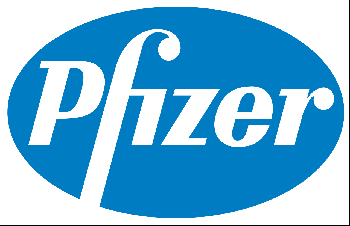Ghanaian novelist, Ayi Kwei Armah, once titled one of his books, The Beautyful Ones Are Not Yet Born (sic) – by which he implied that Africa had to still wait for its real saviours after having been failed by those who took over its affairs, following the exit of the colonialists.
However, for those conversant with the history of the healthcare industry in Nigeria and beyond, there can be no doubt that many beautiful, and indeed, dutiful ones have been born. While some of these worthy souls have since departed, their legacies continue to brighten the world that they left behind. One of such was Prof. Dora Nkem Akunyili.
Prof. Akunyili was an internationally renowned pharmacist, pharmacologist, erudite scholar and administrator, who gained recognition and won several awards for her work in pharmacology, public health and, most notably, for her fight against sub-standard and counterfeit medicines in Nigeria.
She was the Director General of National Agency for Food and Drug Administration and Control (NAFDAC) from April 2001 to 2008, within which time the agency experienced massive transformations that jolted it from its previous slumber and the nation felt its impact in ways that were unprecedented.
Before Akunyili’s emergence as DG of NAFDAC, fake and substandard food and drugs freely flooded the country, leading to constant loss of lives, as well as loss of revenues for legitimate pharmaceutical companies. Having lost a sister to fake drugs herself, Prof. Akunyili established as a top priority the eradication of counterfeit medicines and unsafe food in the country immediately she assumed office. And today, her successes still continue to attest to her conquering spirit.
Path to greatness
Born in Makurdi, Benue State, on 14 July 1954, to Chief and Mrs Paul Young Edemobi, Dora Akuyili started her education at St Patrick’s Primary School, Isuofia, Anambra State. She graduated with a distinction in her First School Leaving Certificate in 1966, and the West African School Certificate (WASC) with Grade I Distinction in 1973 from Queen of the Rosary Secondary School, Nsukka, Nigeria. Her exceptional results in First School Leaving Certificate and WASC earned her the Eastern Nigeria Post Primary Scholarship and the Federal Government of Nigeria Undergraduate Scholarship.
Dora Akuyili attended the University of Nigeria, Nsukka and obtained her first degree in Pharmacology (B.Pharm, Hons) in 1978 and her doctorate (PhD) degree in 1985. She was a post-doctorate fellow of the University of London, and a fellow of the West African College of Pharmacists.
Akunyili started her working career as a hospital pharmacist, from 1978 to 1981, at the University of Nigeria Teaching Hospital (UNTH), Enugu. Thereafter she ventured into the academia as a graduate research fellow in the Faculty of Pharmaceutical Sciences, UNN from 1982 to 1986. She made steady progress from Lecturer I in 1986 to Senior Lecturer in 1990.
In 1992, Akunyili was transferred to the College of Medicine, UNN, where she was made a Consultant Pharmacologist in 1996, a position she held until 12 April 2001. She was also a part-time lecturer of the West African Postgraduate College of Pharmacists, Lagos, Nigeria from 1992 to 1995.
Akunyili served as member, State Hospital’s Management Board and member, State Advisory Council for Women Commission Anambra State from 1992 to 1994, as well as being a supervisor for agriculture and member of caretaker committee for her local government, Anaocha, Anambra State, from 1994-1996. However, her exceptional leadership qualities and conscientiousness for public service became more apparent when she served as the zonal secretary of the Petroleum (Special) Trust Fund (PTF) from 1996-2001, coordinating all projects in the five states of the south-eastern zone of Nigeria (Abia, Anambra, Ebonyi, Enugu and Imo states).
Fitness for greater service
While working with PTF, Akunyili had to go abroad for a crucial medical surgery with a bill of $17,000 which was financed by the government. However, during the pre-surgery check-up in the US, the doctors told her she had been misdiagnosed in Nigeria and that she had no need for the prescribed surgery.
On returning to Nigeria, Akunyili did what was uncommon of public servants in Nigeria – she returned the money meant for the surgery to PTF. General Muhammadu Buhari, who was head of PTF at the time was very impressed and wrote a letter to her commending her honesty. Her diligence and honesty at PTF paid off in the year 2001, when President Obasanjo needed a scrupulous and trustworthy person to direct the affairs of NAFDAC and asked that a reputable Nigerian pharmacist be recommended. Prof Akunyili’s name promptly came up. And thus began her legendary exploits at NAFDAC.
The circumstance of her beloved sister’s death was perhaps the motivation she needed in her relentless fight against the menace of fake and sub-standards food and medicines. Even though her personal safety was threatened many times, including assassination attempts, she refused to be daunted and went on to become one of the most outstanding public officers in Nigeria’s history.
Recognitions and legacies
In recognition of her exceptional feats, Akunyili was honoured with over 600 awards, which include: National Order of the Federal Republic (OFR); Icon of Hope for Nigerians (2002); Time Magazine (Health) Award 2006; Pharmacist of the Year Medal by the International Pharmaceutical Federation (2005); Award of Excellence – Integrated World Services (IWS), December 2005; African Virtuous and Entrepreneurial Women Merit Award (2005); African Biographical Network, December 2005; An Icon of Excellence Award – The African Cultural Institute and Zenith Bank Plc (2005); Integrity Award, 2003 – Transparency International; Elected Honorary Member of the Royal Pharmaceutical Society of Great Britain (2008); Grassroots Human rights Campaigner Award, by the Human rights Defence Organisation in British House of Commons (2005).
Due to her outstanding record at NAFDAC, Prof Akunyili was appointed chairman of West Africa Drug Regulatory Agencies Network (WADRAN) in 2006 and as vice-chairman of the International Medical Products Anti-Counterfeiting Task Force (IMPACT) also in November 2006.
On 7 June, 2014 Prof. Akunyili succumbed to ovarian cancer and was laid to rest in Agulu in Anambra State. Her funeral which took place on the 27 and 28 of August, 2014, was attended by many dignitaries within Nigeria and abroad.
Prof. Akunyili was a devout Catholic and was married to Dr J. C. Akunyili, who worked at the University of Nigeria Teaching Hospital, Enugu until her death. They had six children together.
her death. They had six children together.
Prof. Akunyili will always be remembered for the passion and conviction with which she served the nation. Her doggedness, tenacity and sacrificial pursuit of the well-being of the citizens above personal comfort and gratification continue to stand as towering monuments in the annals of the Nigerian health industry. She dared the impossible and succeeded where many had failed.
To her abiding credit, many lives that would have been lost to the activities of counterfeiters were preserved and NAFDAC that had, until her tenure, been unknown to the majority, has become a household name in Nigeria and beyond.









